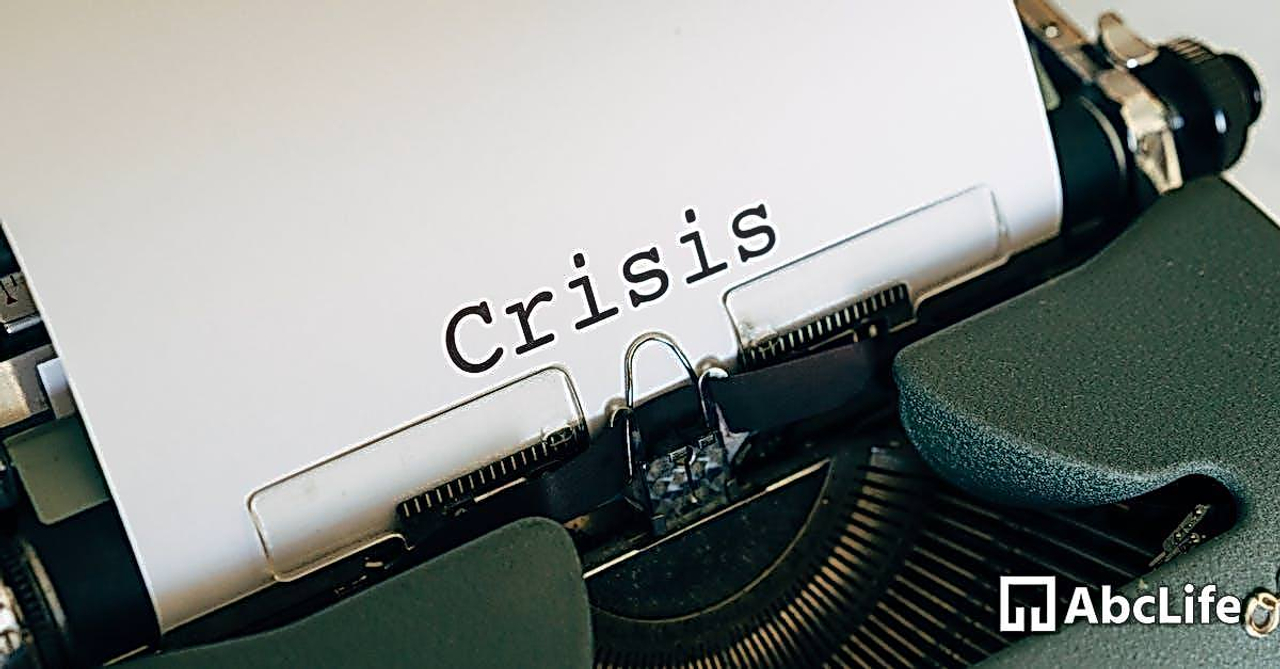Stress affects us all at some point, and learning how to manage it is critical for maintaining good mental health. In this article, we will go over five simple steps you can take on a daily basis to calm your mind and reduce stress. Mindfulness, meditation, relaxation techniques, exercise, and self-care are examples of these steps. You can significantly reduce your stress and improve your overall well-being by incorporating these practices into your daily routine. So, if you're ready to take charge of your mental health, keep reading to find out more!
The Importance of Stress Management

In today's fast-paced and competitive world, stress is common. It affects nearly everyone at some point in their lives and is harmful to both physical and mental health. As a result, it is critical to effectively manage stress in order to maintain a healthy lifestyle. Here are some of the reasons why stress management is essential:
Better Physical Health
Stress can cause a number of physical health issues, including heart disease, high blood pressure, and diabetes. Stress management can help you avoid these conditions and improve your overall health. Some effective stress management strategies that can improve physical health include exercise, meditation, and deep breathing techniques.
Improved Mental Health
Anxiety and depression are two mental health issues that can be exacerbated by stress. Effective stress management can aid in the prevention and treatment of these issues. Mindfulness meditation and cognitive-behavioral therapy, for example, can improve mental health and overall well-being.
Better Relationships
Personal relationships can suffer as a result of stress, as can conflicts with family and friends. Stress management that is effective can improve emotional stability and foster positive relationships. Improved communication and empathy can help to reduce stress and improve relationships.
Finally, stress management is critical for maintaining physical and mental health as well as improving personal relationships. Identifying stressors and implementing effective stress reduction techniques can help you live a happier and healthier life.
Step 1: Practicing Mindfulness

Mindfulness is the act of being fully engaged in what you're doing in the present moment, without judgment or distraction. Mindfulness is a powerful tool for relieving stress and calming the mind.
Find a quiet place to sit or lie down to begin practicing mindfulness. Take a few deep breaths and close your eyes. Pay attention to how your breath enters and exits your body. When your thoughts wander, gently bring them back to your breathing.
You can also practice mindfulness by focusing on your senses throughout the day. Pay attention to the feel of the warm water on your hands, the sound of the water running, and the smell of the soap when you're doing something like washing the dishes. Being fully present in the moment will make you feel more relaxed and less stressed.
Step 2: Incorporating Meditation into Your Routine
Incorporating meditation into your daily routine is one of the most effective ways to calm your mind and reduce stress. Meditation has been practiced for centuries and has numerous proven mental and physical health benefits.
To begin meditating, you do not need to be an expert. Begin with a few minutes per day and gradually increase the duration as you become more accustomed to the practice. Find a quiet, comfortable spot to sit or lie down and close your eyes. Concentrate on your breathing and try to clear your mind of any distracting thoughts. If your thoughts begin to wander, gently bring them back to your breath.
There are many different types of meditation techniques, so it's worth experimenting to find out which one works best for you. Mindfulness meditation, mantra meditation, and loving-kindness meditation are some popular techniques.
Step 3: Relaxation Techniques for a Calmer Mind
Stress and anxiety can leave us feeling overwhelmed and restless, making it difficult to relax and find peace. Relaxation techniques can be extremely beneficial in this situation. The third step in reducing stress and calming your mind is to practice relaxation techniques that can help you achieve a more peaceful and relaxed state of mind.
Deep breathing exercises, progressive muscle relaxation, and guided imagery are all effective techniques to try. Deep breathing exercises entail taking slow, deep breaths while concentrating on inhaling and exhaling and letting go of any distracting thoughts. To release tension and promote relaxation, progressive muscle relaxation involves tensing and relaxing each muscle group in your body one at a time. Visualizing a peaceful scene or scenario that can help you relax is what guided imagery is all about.
You can learn to manage stress and anxiety effectively and achieve a more peaceful state of mind by incorporating relaxation techniques into your daily routine. When you use these techniques on a regular basis, you will notice a significant improvement in your mental and emotional well-being.
Step 4: Exercise for Mental Wellness
Regular physical activity benefits not only physical health but also mental wellness. Exercise alleviates stress and anxiety while also enhancing mood and cognitive function. Physical activity improves brain health, memory, and focus by increasing blood flow to the brain.
Making exercise a part of your daily routine is critical for mental health. You are not required to join a gym or participate in strenuous activities if you do not wish to. Instead, try low-impact exercises like walking, yoga, or cycling. Choose exercises that you enjoy to increase your chances of sticking to the routine.
Exercise can be an effective stress-reduction and mental-health-promoting tool. In order to achieve mental wellness, incorporate physical activity into your daily routine today.
Step 5: Self-Care for a Healthier Mindset
Self-care is the process of physically and mentally caring for oneself. It is necessary for a healthy mindset. Self-esteem, self-worth, and self-confidence improve when you take care of your body and mind. Self-care activities include eating healthily, exercising regularly, getting enough sleep, and taking frequent breaks from work.
A well-balanced diet is critical for good health and a positive mindset. Make sure to eat a variety of colorful fruits and vegetables, lean proteins, and healthy fats. Exercise is also necessary for the release of endorphins, the body's natural feel-good chemicals. Engage in enjoyable activities such as walking, running, or swimming. It's also critical to get enough restful sleep to recharge your body and mind. Taking regular breaks from work can also help you relax, de-stress, and recharge your mind. Incorporate relaxing activities into your self-care routine, such as meditation or yoga.
Managing Stress and Prioritizing Mental Health
Life is full of stressful situations. However, if not managed properly, stress can have a significant impact on our mental and physical well-being over time. Managing stress and prioritizing mental health not only leads to a happier and healthier life, but it also allows us to be more productive and successful in our personal and professional endeavors.
The first step in gaining control of stress is identifying the sources of it. Maintaining a stress journal can assist us in identifying patterns and stressful situations. Once identified, we can take practical steps to manage stress, such as practicing mindfulness, yoga, or deep breathing.
Prioritizing mental health is also necessary for effective stress management. Regular exercise, getting enough sleep, and eating healthy foods can all greatly improve our overall well-being and help us deal with stress more effectively. Seeking professional assistance from a therapist or counselor, if necessary, is another effective way to regain control of our mental health.
To summarize, managing stress and prioritizing mental health are critical for living a happier and healthier life. We can effectively manage stress and improve our overall well-being by identifying stress triggers and engaging in self-care activities. Prioritizing mental health should be a continuous effort to reclaim control of our lives and work toward better mental and physical health.











